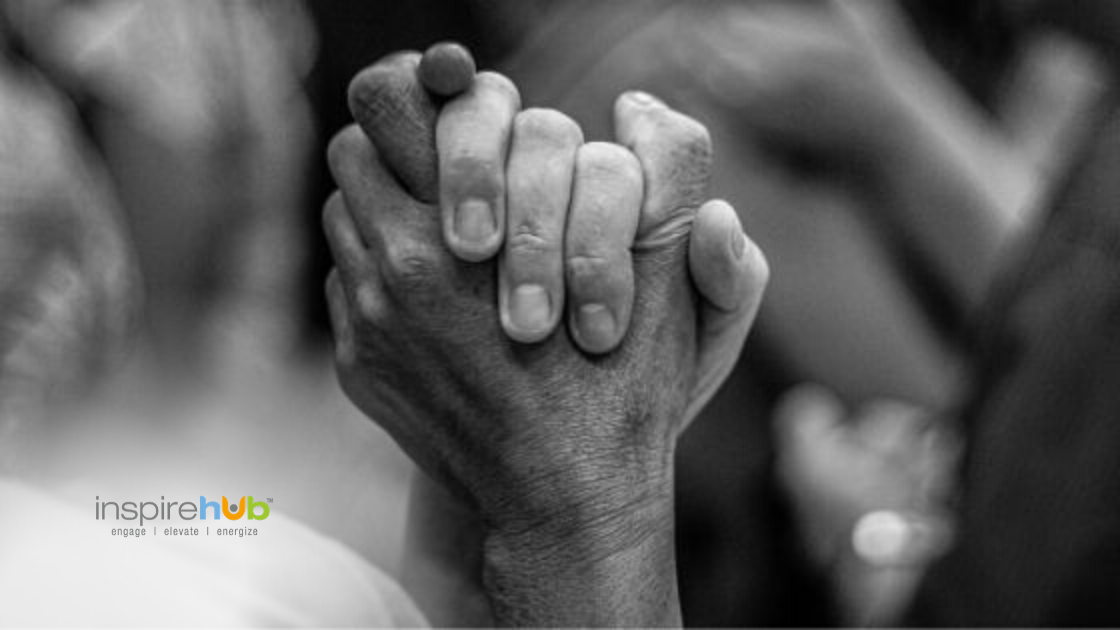
Juneteenth, also known as Emancipation Day and Black Independence Day, is the oldest nationally celebrated commemoration of the ending of slavery in the United States. It marks the anniversary of the date in 1865 when the last remaining enslaved people in Texas were declared free. Although the Emancipation Proclamation had formally freed them almost two and a half years earlier, news and enforcement of the proclamation didn’t make it to Galveston, Texas until June 19, 1865.
Juneteenth hasn’t been formally taught in the classroom, nor has it been honoured yet as a national holiday. Senators Kamala Harris, Cory Booker, Tina Smith and Ed Markey are dropping a bill in Senate to rectify the latter.
Jamelle Bouie makes another important distinction about this day:
“Emancipation wasn’t a gift bestowed on the slaves; it was something they took for themselves, the culmination of their long struggle for freedom, which began as soon as chattel slavery was established in the 17th century, and gained even greater steam with the Revolution and the birth of a country committed, at least rhetorically, to freedom and equality. In fighting that struggle, black Americans would open up new vistas of democratic possibility for the entire country.” -- Jamelle Bouie, Why Juneteenth Matters, The New York Times.
As millions of people continue to participate in global protests follow the killing of George Floyd, we’re all called on -- as individuals, businesses and communities -- to examine the part we each play in the entrenched history of racial inequality.
Juneteenth provides an opportunity to reflect on the role we can play as allies to people of color. One of the most valuable things we can do is listen to BIPOC (black, indigenous and people of color) voices and lean into the hard conversations we must have with each other as allies.
Here are three places to start ...
1. Donna Alexander's LinkedIn article helps us confront the deep work we have ahead.
Donna Alexander is an author, LinkedIn Senior Global Program Manager and Black Inclusion Group Lead | Facilitator. She offers perspectives that frame some of the complicated issues within both the community and the workplace and offers excellent resources to help broaden the discourse and find places to start taking action.
2. Luvvie Ajayi’s TED Talk at TED Women 2017 helps us get comfortable with being uncomfortable.
Luvvie Ajayi Jones isn't afraid to speak her mind or to be the one dissenting voice in a crowd, and neither should you. "Your silence serves no one," says the writer, activist and self-proclaimed professional troublemaker. In this bright, uplifting talk, Ajayi shares three questions to ask yourself if you're teetering on the edge of speaking up or quieting down -- and encourages all of us to get a little more comfortable with being uncomfortable.
"When it's time to say these hard things, I ask myself three things. One: Did you mean it? Two: Can you defend it? Three: Did you say it with love?"
3. Tim McMorris’ video chat reminds us about the need for consistency.
Tim McMorris talks about his experiences as a Black Canadian and how being an ally is not about posting a black square on social media for one day. It's about consistency. Leaning into this every day. Committing to meaningful actions that will change the story in our friendships, and families, and communities, and places of work, and political bodies. It's the hard conversations we have when someone speaks ugliness in front of us, and we're afraid to call it out, at home, in our circles and in the workplace.
There's an additional personal action I'm taking today. I’m going to be sitting in on Jodi-Ann Burey’s interactive webinar, Navigating Workplace Microaggressions for Women of Color [Part 1 ENCORE]. Jodi-Ann is a speaker, writer, racial equity + healthcare entrepreneur and a diversity + inclusion consultant. Her work is grounded in centering the experiences of historically underrepresented communities and the systemic intersectional approaches needed to address inequities. Jodi-Ann holds a Masters in Public Health from the University of Michigan.
Jodi-Ann Burey is permitting allies to audit this course, and I'm grateful for the gift of being able to listen and understand more about the ways I need to change my own words and behaviours.
Minority-owned businesses don’t just power economic growth. A report from the Center for Global Policy Solutions shows they were the key drivers digging the economy out of the Great Recession, a severe U.S. economic downturn following the housing bubble burst in 2007. They added more than a million jobs to the economy between 2007 and 2012 and increased the number of businesses with paid jobs at a rate many times that of white-owned firms.
Between 2007 and 2017, the number of minority-owned SMBs grew by 79%, reaching 11.1 million. That’s 10 times faster than the 7.6% overall growth rate for U.S. small businesses during that period. Yet, a recent survey showed that of those that requested Coronavirus relief funding from the SBA Administered Paycheck Protection Program, just 12% received the full assistance they requested, with two-thirds reporting that they did not receive any.
Minority-owned businesses dug us out of the last recession. Here’s how mentors are helping them survive and grow through this one.
Today we launched a brand new podcast for small business with the help of a very special guest, Grammy award-winning music producer, Devo Harris (Springsteen).
Big on Small, The Official Small Business Podcast, explores the big ideas that are helping small organizations survive and thrive.
Hosts Karolyn Hart and Samantha Castro interview the inspiring people who are running small businesses, agencies, towns, charities, schools and teams. Here's why we're so excited about sharing our first episode with you!
Think you don’t have the skills necessary to chase your dream? Think again. Imagine a Grammy award-winning producer behind the biggest names on earth….who doesn’t play an instrument. Get ready to be inspired by Devo Harris (Springsteen).


%20%7C%20Big%20on%20Small%20-%20The%20Official%20Small%20Business%20Podcast.png)